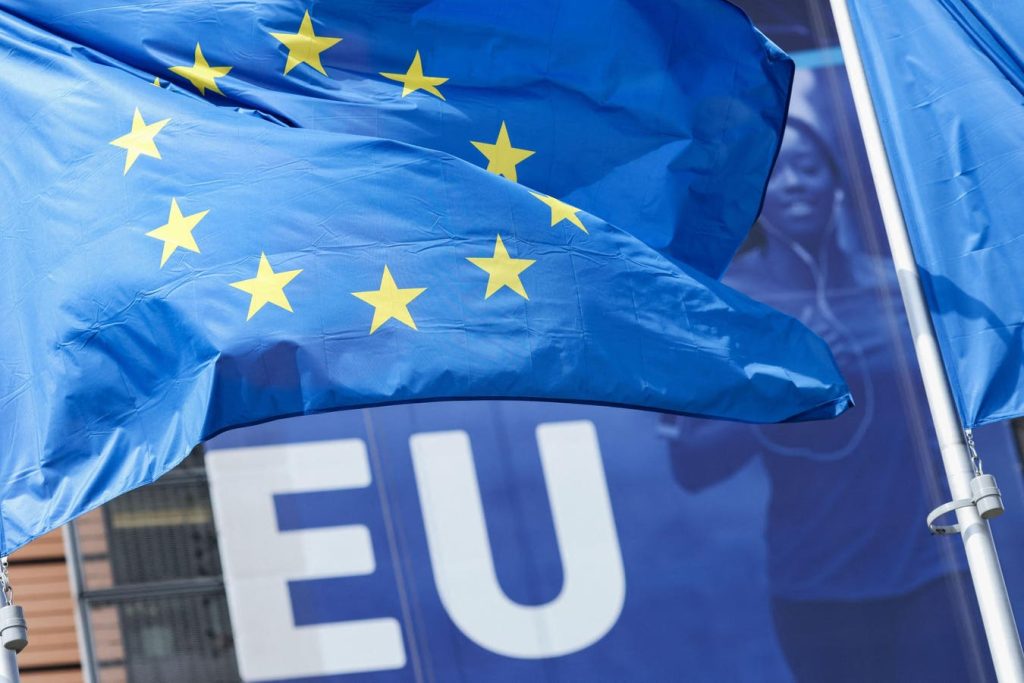Paragraph 1: Introduction to the EU’s Green Deal and Regulatory Burden
The European Union’s ambitious Green Deal, a comprehensive legislative package aimed at achieving climate neutrality by 2050, has introduced a series of regulations targeting businesses. These regulations, while crucial for addressing climate change and aligning with the Paris Agreement, have raised concerns about the regulatory burden imposed on companies, particularly small and medium-sized enterprises (SMEs). In response to these concerns and calls for simplification, the EU is preparing an Omnibus Simplification Package. This package aims to streamline and reduce reporting requirements related to sustainability, with proposed reductions of 25% for all businesses and 45% for SMEs. The focus of the simplification efforts will be on three key pieces of legislation: the EU Taxonomy, the Corporate Sustainability Reporting Directive (CSRD), and the Corporate Sustainability Due Diligence Directive (CSDDD).
Paragraph 2: Overview of the EU’s Key Sustainability Regulations
The EU Taxonomy, adopted in 2020, provides a classification system defining environmentally sustainable economic activities. This framework guides businesses and investors in identifying and investing in truly green initiatives. Following the Taxonomy, the CSRD, enacted in 2023, mandates extensive reporting on environmental, social, and governance (ESG) factors, including greenhouse gas emissions. Large companies are required to comply with general reporting requirements starting in 2025 for the 2024 fiscal year, while reporting requirements for SMEs, non-EU companies, and high-emission sectors are currently under development. Finally, the CSDDD, adopted in 2024 after considerable debate and revisions, extends reporting requirements and introduces legal liabilities related to companies’ supply chains. This directive aims to ensure that not only companies themselves but also their suppliers adhere to climate and human rights standards.
Paragraph 3: The Impetus for Simplification and the Proposed Omnibus Package
Following concerns about the cumulative impact of these regulations, European Commission President Ursula von der Leyen announced plans to significantly reduce the regulatory burden on businesses. The Omnibus Simplification Package, a comprehensive bill addressing the Taxonomy, CSRD, and CSDDD, is intended to streamline and simplify reporting requirements, reducing administrative complexities and costs for businesses. This initiative reflects a growing recognition of the need to balance ambitious climate goals with the practical realities faced by businesses, especially SMEs struggling with the administrative and financial demands of new reporting obligations.
Paragraph 4: The DRSC’s Recommendations for the CSRD
The Deutsches Rechnunglegungs Standards Committee (DRSC), Germany’s leading financial reporting standards body, has contributed to the simplification debate by proposing four key amendments to the CSRD. Their recommendations include introducing graduated requirements for mid-cap companies, aligning thresholds with the CSDDD, allowing voluntary application of the Voluntary Sustainability Reporting Standards for SMEs (VSME) by smaller large companies, and suspending the development of sector-specific standards under the CSRD. These proposals aim to reduce the burden on smaller companies, provide more flexibility, and delay the implementation of more complex reporting requirements. Notably, the introduction of "mid-cap" companies as a separate category is aligned with the EU’s Competitive Compass, acknowledging the substantial increase in reporting requirements that companies face when they outgrow the SME classification.
Paragraph 5: The Role of EFRAG and the Challenges of Implementation
The European Financial Reporting Advisory Group (EFRAG), the EU’s counterpart to the DRSC, plays a crucial role in developing the European Sustainability Reporting Standards (ESRS), the detailed implementation standards for the CSRD. EFRAG has also developed the VSME, intended for voluntary use by SMEs. However, there are concerns that the VSME could become a de facto requirement as larger companies seek the information needed for their own CSRD reports, thereby inadvertently increasing the burden on SMEs. Furthermore, EFRAG has been tasked with developing sector-specific ESRS for high-emission and high-risk industries, although these standards have been delayed to prioritize the implementation of the initial set of ESRS.
Paragraph 6: Future Outlook and the Ongoing Debate
The final draft of the Omnibus Simplification Package is expected on February 26th. The intervening period is likely to be marked by intense lobbying and discussions among various stakeholders, including governments, business interests, and climate activists, as they seek to influence the final shape of the package. The challenge lies in finding a balance between simplifying reporting requirements to reduce the burden on businesses, particularly SMEs, while maintaining the effectiveness of the EU’s Green Deal in achieving its ambitious climate objectives. The debate will revolve around how to effectively achieve the proposed reduction targets of 25% for all businesses and 45% for SMEs without compromising the integrity and effectiveness of the EU’s sustainability reporting framework. The outcome of these negotiations will significantly shape the future of sustainability reporting within the EU and potentially influence international standards as well.

